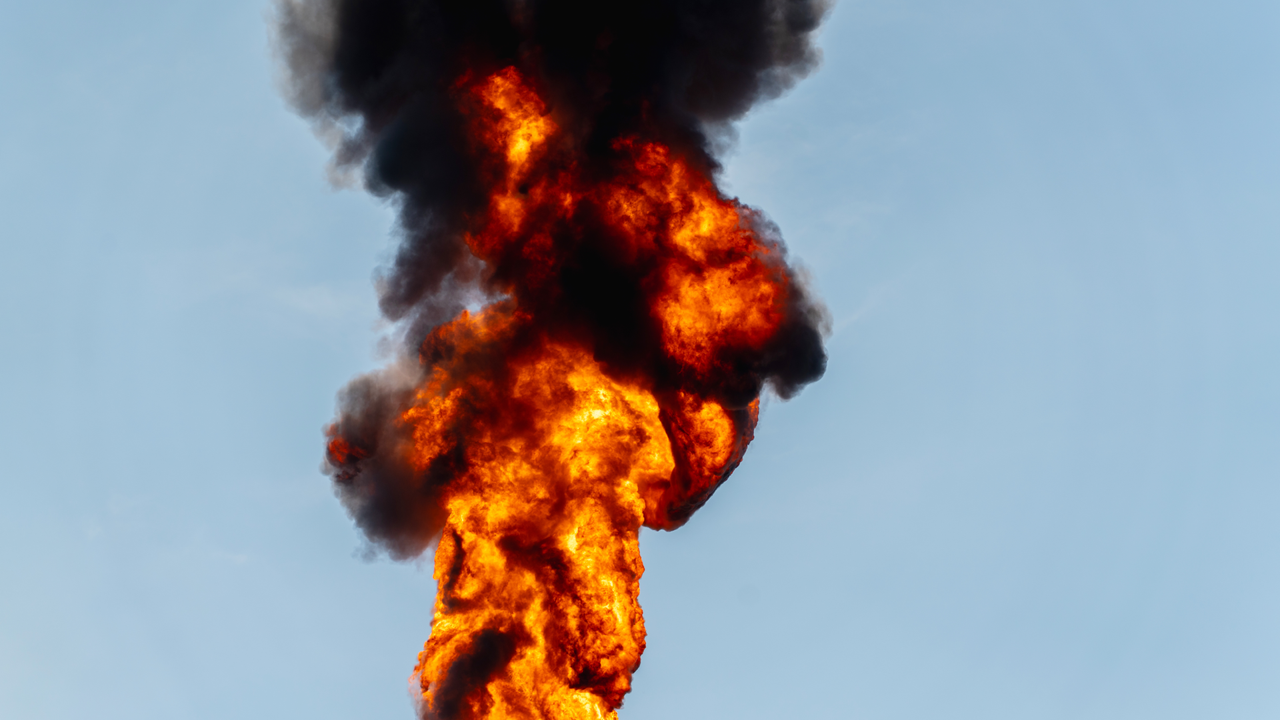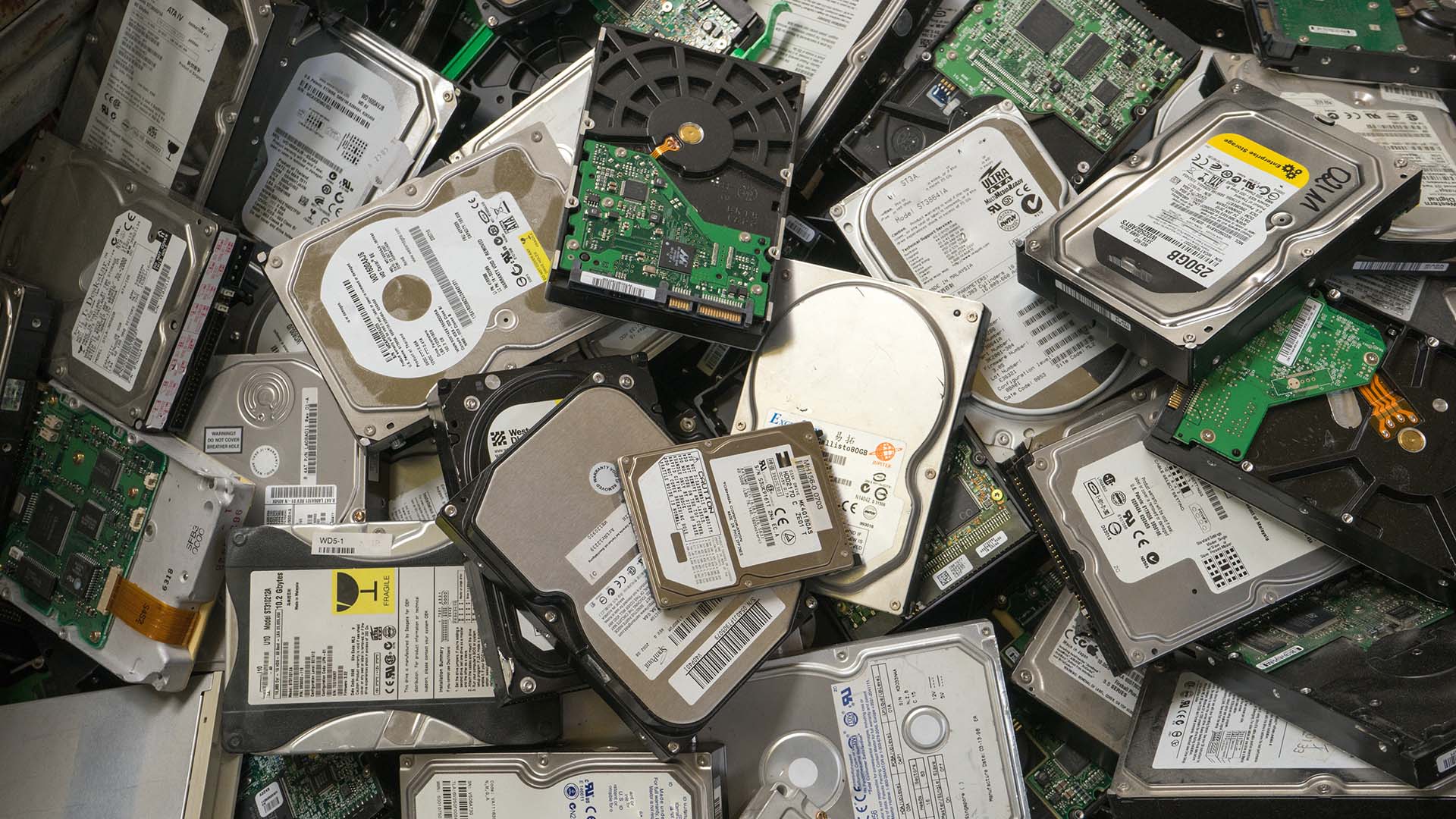
With so much of our personal and professional lives stored in the cloud, it's easy to forget just how fragile these systems can be. Don't misunderstand, I enjoy the convenience of my important files being accessible from almost anywhere—but I back up the really important stuff at least twice on physical media nowhere near the cloud. A recent data centre disaster reminded me exactly why these backups are so important.
G-Drive (no, not that one) is a work cloud system used by 125,000 government officials in South Korea. According to The Chosun Daily, this cloud is hosted within the National Information Resources Service (NIRS) in Daejeon. When the data centre caught fire at the end of last month, apparently 858 TB of important data was lost as no backups were kept (via Techspot).
Allegedly, backups simply couldn't be kept, due to the G-Drive system's massive capacity. But it gets worse. It turns out that before the fire, the Ministry of the Interior and Safety had apparently instructed government employees to store everything in the G-Drive cloud and not on their office PCs.
The blaze began on the 26th of September, impacting a total of 647 systems and completely destroying 96 different systems hosted within NIRS. The G-Drive system is the only one that cannot be recovered from backups. A source within the Ministry of Personnel Management—one of the governmental departments most affected by this data loss—told The Chosun Daily, "It’s daunting, as eight years’ worth of work materials have completely disappeared.”
Six days after the blaze, only about 10% of the systems affected had been brought back online—and there has been a significant level of disruption as a result. For example, the ‘National Happiness Card,’ used for paying childcare fees in South Korea, was rendered non-functional for a period of time. However, other key public-facing systems avoided the fire purely by virtue of its hardware being housed on another floor at NIRS.

The important thing to remember about cloud data services is that physical hardware is part of the equation somewhere, and that means it can fail. The entire episode is a timely reminder that data loss can happen to anyone, from governmental agencies to even a weirdo like me who glowers at cloud data storage with suspicion and would rather still tote around HDDs.
When the best external hard drives are cheap, and even the best SSDs for gaming are more affordable now than ever, there's little excuse to not keep at least some of your files close. Bottom line, when was the last time you backed up your data, and was it in more than one place?







